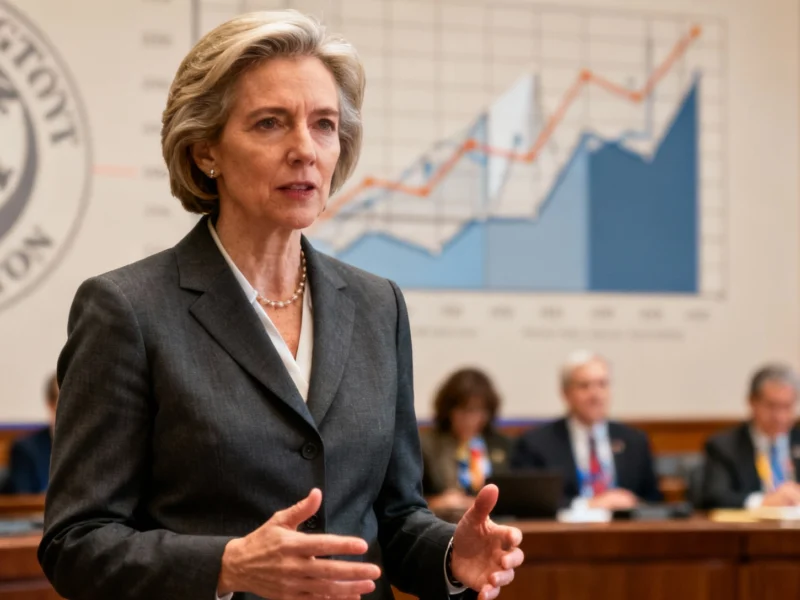UK Chancellor Rachel Reeves has confirmed that increased taxation on wealthy individuals will form part of the government’s budget package next month. In an exclusive interview, she dismissed critics’ “scaremongering” while emphasizing economic growth and fiscal responsibility.
Wealth Tax Increases Confirmed for November Budget
Chancellor Rachel Reeves has indicated that higher taxes on wealthy individuals will form part of the government’s budget package scheduled for November 26, according to reports from her Washington meetings with International Monetary Fund officials. The chancellor reportedly stated that taxing the wealthy “will be part of the story” while ruling out any return to austerity measures.









